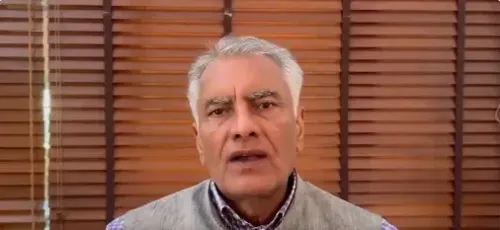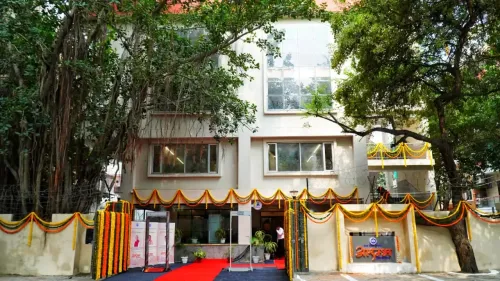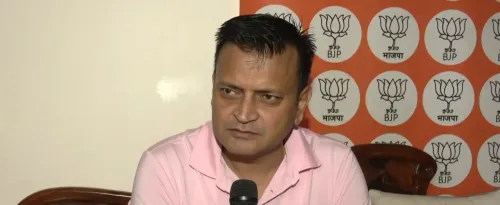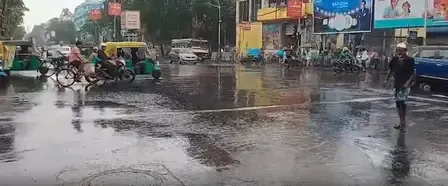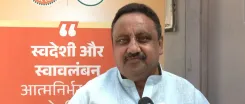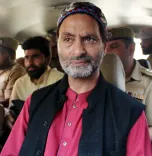Why Did the SC Grant Six Weeks of Medical Bail to Mahesh Raut in the Bhima Koregaon-Elgar Parishad Case?
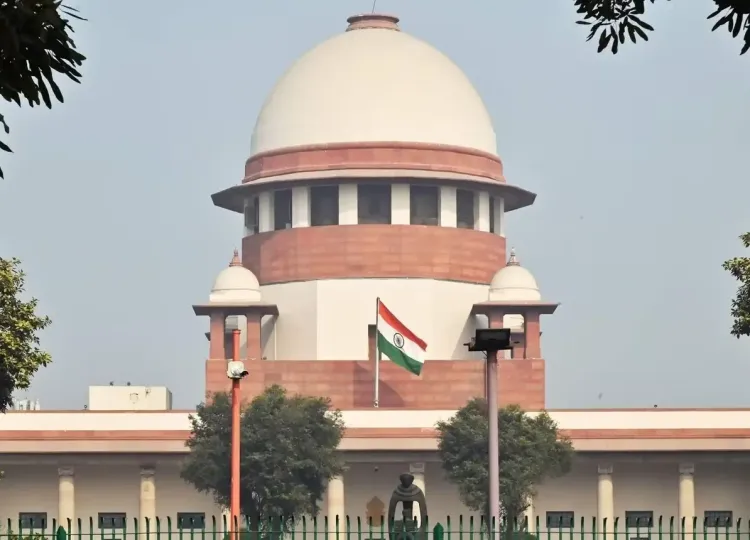
Synopsis
Key Takeaways
- Mahesh Raut granted six weeks of medical bail.
- Health issues considered by the Supreme Court.
- Case linked to alleged Maoist activities.
- Raut has been in jail since June 6, 2018.
- Previous bail granted by the Bombay High Court.
New Delhi, Sep 16 (NationPress) The Supreme Court on Friday approved a six-week medical bail for Mahesh Raut, who has been charged under the Unlawful Activities (Prevention) Act, 1967, due to his suspected ties to Maoist activities.
A bench comprising Justices M.M. Sundresh and Satish Chandra Sharma acknowledged the arguments presented by senior advocate C.U. Singh, representing Raut, highlighting that he is suffering from rheumatoid arthritis—an autoimmune condition impacting joints, bones, and muscles.
"The applicant is seeking interim bail on medical grounds, coupled with the fact that he was actually granted bail. We are inclined to grant medical bail for a period of six weeks," the court stated.
The bench led by Justice Sundresh indicated a willingness to extend Raut's release should his health condition prove to be serious and in need of further medical attention.
The apex court was reviewing Raut's appeal for medical bail, which was filed in the special leave petition (SLP) concerning the National Investigation Agency (NIA) appealing against the Bombay High Court’s bail decision.
Earlier in September 2023, a division bench of Justices A.S. Gadkari and Sharmila Deshmukh from the Bombay High Court had granted bail to Raut, who has been incarcerated since June 6, 2018, for his alleged connections with Maoist factions.
However, the NIA had obtained a one-week stay from the Bombay High Court, allowing it to file an SLP with the Supreme Court.
In response, the apex court extended the stay granted by the Bombay High Court, thus suspending the bail order's benefits.
This case involves claims of inciting public disorder and making inflammatory speeches during the Elgar Parishad, organized by activists from Kabir Kala Manch in Pune, Maharashtra, on December 31, 2017. These actions allegedly incited enmity among various caste groups and triggered violence, leading to loss of lives and property as well as a statewide agitation in Maharashtra.
In July 2023, the Supreme Court had also granted bail to two other accused, Vernon Gonsalves and Arun Ferreira, who had been imprisoned since August 2018.

